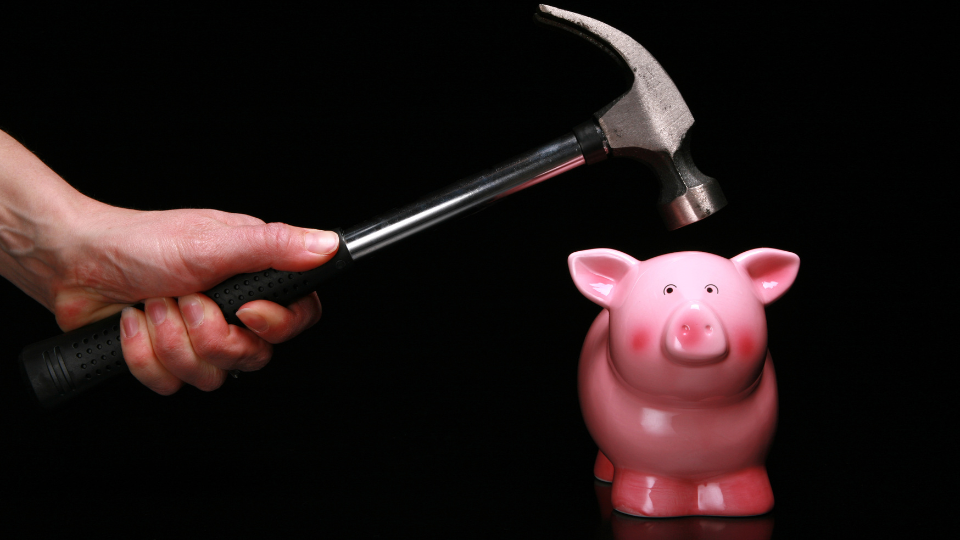Conversion in progress ...
Please wait while we generate your PDF
7 Mistakes First Time Home Buyers Make
Buying your first home can feel equal parts exciting and intimidating. There’s anticipation — imagining the key handoff, your first backyard barbecue — but also anxiety about finances, bidding wars, and “getting it wrong.”
The good news: most home-buying setbacks are predictable, and more importantly, preventable. The difference between a confident buyer and a stressed one usually comes down to preparation and process.
At HappyNest Homes, we’ve helped hundreds of first-time buyers across Central Ohio — from Dublin and Powell to Westerville and Worthington — make smart, informed moves in one of the most competitive real estate environments in the country. These are the seven most common mistakes first-time buyers make, and the strategies you can use to avoid them.
The good news: most home-buying setbacks are predictable, and more importantly, preventable. The difference between a confident buyer and a stressed one usually comes down to preparation and process.
At HappyNest Homes, we’ve helped hundreds of first-time buyers across Central Ohio — from Dublin and Powell to Westerville and Worthington — make smart, informed moves in one of the most competitive real estate environments in the country. These are the seven most common mistakes first-time buyers make, and the strategies you can use to avoid them.
Let's Dive In










